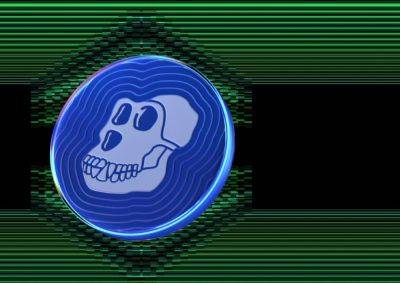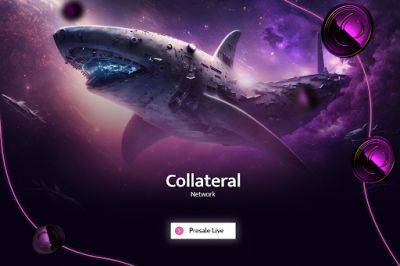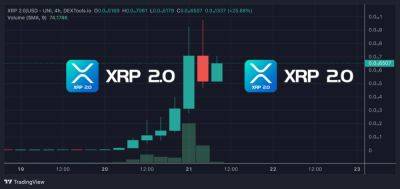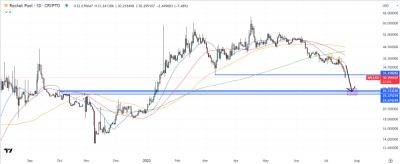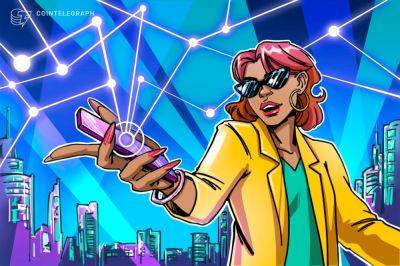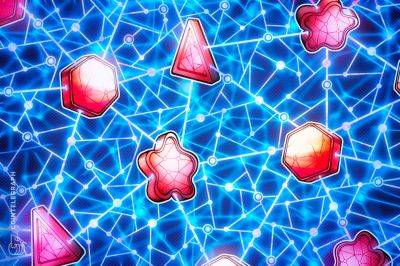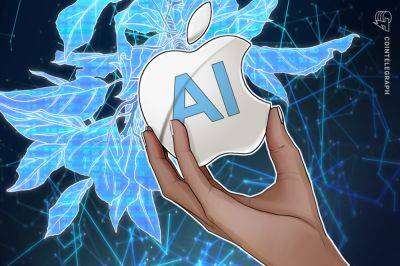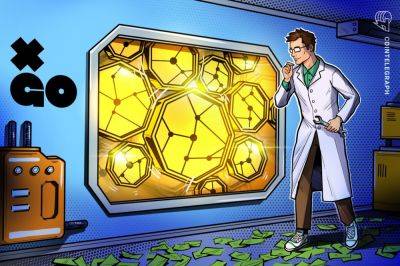Experiments show AI could help to audit smart contracts, but not yet
While artificial intelligence (AI) has already transformed a myriad of industries, from healthcare and automotive to marketing and finance, its potential is now being put to the test in one of the blockchain industry’s most crucial areas — smart contract security.
Numerous tests have shown great potential for AI-based blockchain audits, but this nascent tech still lacks some important qualities inherent to human professionals — intuition, nuanced judgment and subject expertise.
My own organization, OpenZeppelin, recently conducted a series of experiments highlighting the value of AI in detecting vulnerabilities. This was done using OpenAI’s latest GPT-4 model to identify security issues in Solidity smart contracts. The code being tested comes from the Ethernaut smart contract hacking web game — designed to help auditors learn how to look for exploits. During the experiments, GPT-4 successfully identified vulnerabilities in 20 out of 28 challenges.
Related: Buckle up, Reddit: Closed APIs cost more than you’d expect
In some cases, simply providing the code and asking if the contract contained a vulnerability would produce accurate results, such as with the following naming issue with the constructor function:
At other times, the results were more mixed or outright poor. Sometimes the AI would need to be prompted with the correct response by providing a somewhat leading question, such as, “Can you change the library address in the previous contract?” At its worst, GPT-4 would fail to come up with a vulnerability, even when things were pretty clearly spelled out, as in, “Gate one and Gate two can be passed if you call the function from inside a constructor, how can you enter the GatekeeperTwo smart contract now?” At one
Read more on cointelegraph.com




